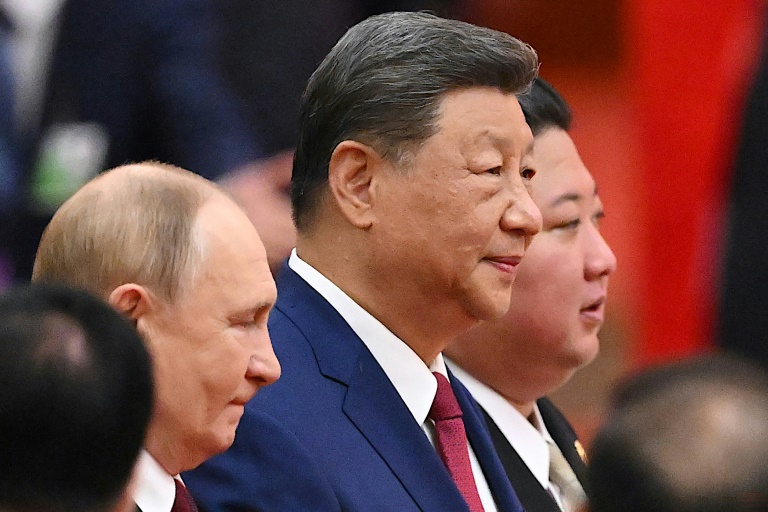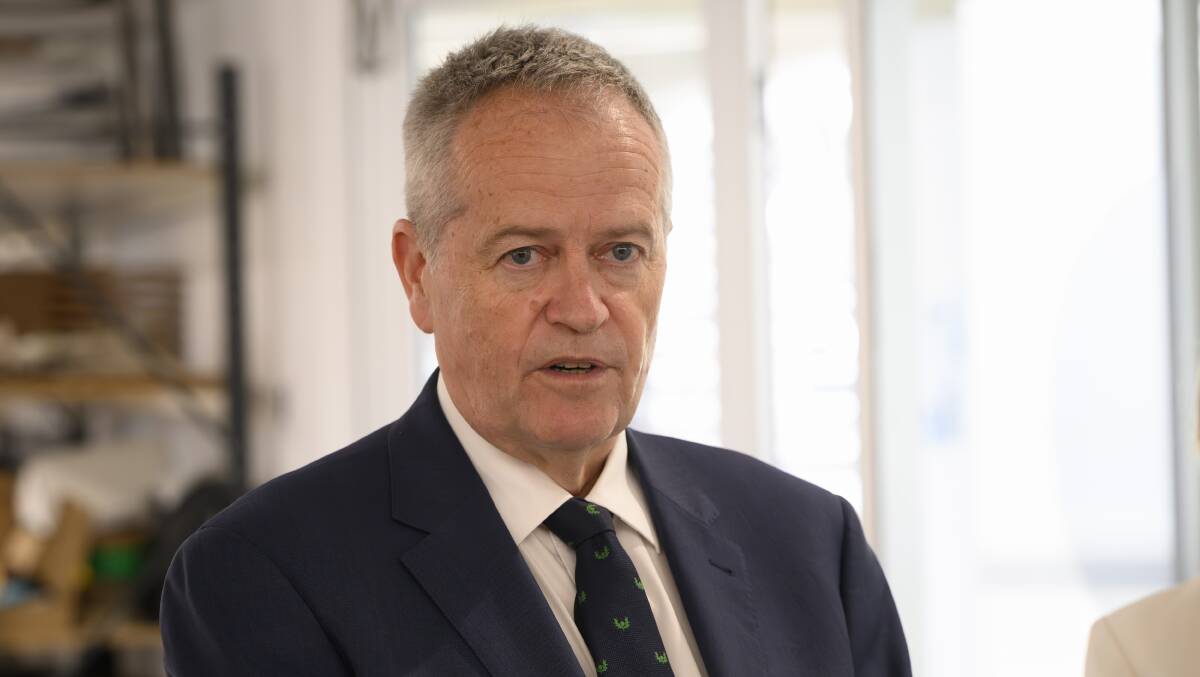
During a summit in Beijing on March 20, 2024, Russian President Vladimir Putin and Chinese President Xi Jinping were overheard discussing the potential for human beings to extend their lifespans significantly, even to the point of immortality. Their conversation, captured by a hot mic, touched on advancements in organ transplants and biotechnology, sparking interest in both scientific communities and the public.
Putin articulated his views on the subject, claiming that ongoing developments could lead to continuous organ transplants, allowing people to grow younger as they age. He suggested that humans might even attain immortality, a notion that Xi agreed could see individuals living up to 150 years within this century. Despite the leaders’ enthusiasm, the scientific basis for such claims remains tenuous at best.
Scientific Perspectives on Longevity
Experts in the field of human aging responded to the leaders’ comments with skepticism. According to Ilaria Bellantuono, a researcher at the University of Sheffield, there is currently no scientific consensus on whether humans can live indefinitely. Bellantuono noted, “The debate is not settled,” indicating ongoing discussions about the biological limits of human life.
While significant advancements have been made in healthcare, records for human longevity have plateaued. The oldest verified person, Jeanne Calment, lived to be 122 years old, a record that has stood since her death in 1997. Some studies suggest that mortality rates level off after a certain age, challenging the notion of an absolute lifespan limit.
Other researchers, however, caution that data on extreme longevity may be misleading. There have been numerous incidents of individuals falsifying birth records to receive pensions fraudulently, complicating the reliability of longevity claims.
Challenges to the Concept of Immortality
Putin’s remarks hinted at a more radical approach to aging, proposing that regular organ replacements could effectively rejuvenate individuals. Eric Boulanger, a biology professor at Lille University in France, called this notion “pure madness.” He emphasized the medical and ethical hurdles that such procedures would entail, including the logistical challenges of sourcing fresh organs and the physical toll of repeated surgeries.
Boulanger pointed out that human bodies consist of more than just organs; they include complex systems of fatty tissue, bones, and other components that all age in interconnected ways. This complexity makes the idea of merely swapping out organs akin to changing parts in a car unrealistic.
Despite the challenges, there has been a surge of interest and investment in longevity research. Russia recently launched a 38-billion-ruble (approximately $460 million) initiative focused on regenerative medicine and longevity. This trend mirrors a broader movement within the tech industry, particularly among advocates of transhumanism, such as billionaire Peter Thiel, who has invested significantly in anti-aging projects.
Another notable figure in this realm is Bryan Johnson, who has publicly committed to exploring various anti-aging techniques, aiming for what he describes as eternal life. Nevertheless, mainstream scientists have criticized these ventures, arguing they often lack scientific rigor and could pose health risks.
Emerging Research and Future Directions
Despite the skepticism surrounding extreme longevity, promising research avenues are emerging. One area receiving attention is epigenetics, which studies how genes are regulated without altering the DNA sequence itself. Recent findings suggest that epigenetic changes may play a significant role in the aging process.
Research published in the journal Aging Cell in June 2023 indicated that the drug rapamycin has the potential to extend the lifespan of various animals, including mice, by influencing epigenetic aging. However, scientists caution that these results may not directly translate to humans.
For now, experts recommend focusing less on hypothetical extensions of life and more on improving the quality of the years people have. Bellantuono advised, “The focus should be on extending the number of years in good health,” highlighting the importance of living a fulfilling life rather than merely seeking to prolong it.







